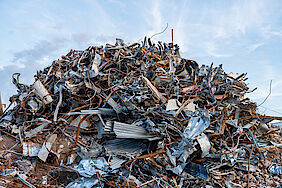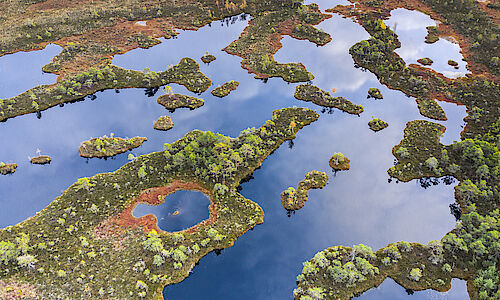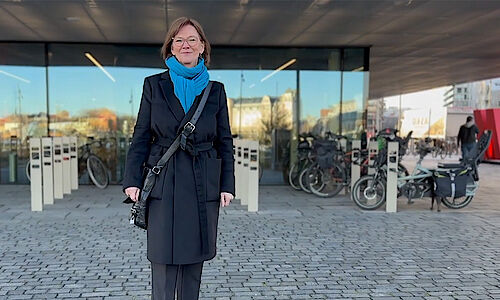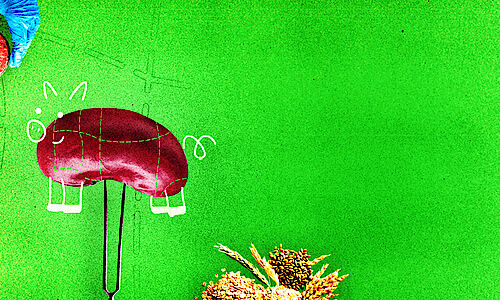News & Academies' activities
Anders Wijkman on Regenerative Economics
But very little, if anything, has happened within the field of economic science. We have more or less the same economic model guiding us as was the case almost hundred years ago. Yet, population is four times larger and economic throughput at least hundred times larger.
In a contribution to “Visions of the Future”, a book honouring Jakob Uexkuell, founder of the World Future Council, Wijkman deals with the urgent need to rethink economics, notably the relationship between the economy and nature. For Wijkman the concept of "regenerative economics" is emerging as a possible susbtitute.
In his contribution he refers to the work done over the years by people like Paul Hawken, Hunter Lovins and Amory Lovis, Kate Raworth, Partha Dasgupta, William McDonough and Michael Braungart, Janine Benyus and more recently John Fullerton. He also references the most recent report by the International Resource Panel “Bend the Trend” which identifies material consumption as the main driver behind both climate change and ecosystem decline. It recommends high-income countries to step by step lower their material footprints to help make room for low-income countries to increase theirs while at the same time stabilising the climate and halting biodiversity loss.
back to overview
































